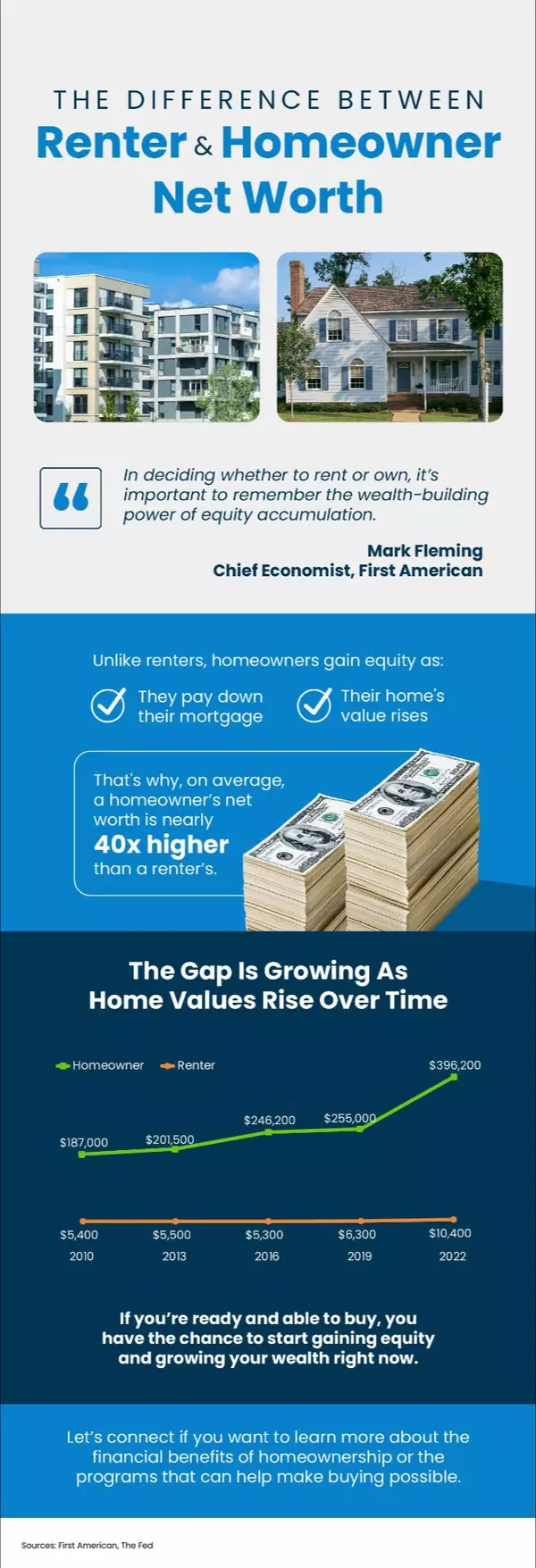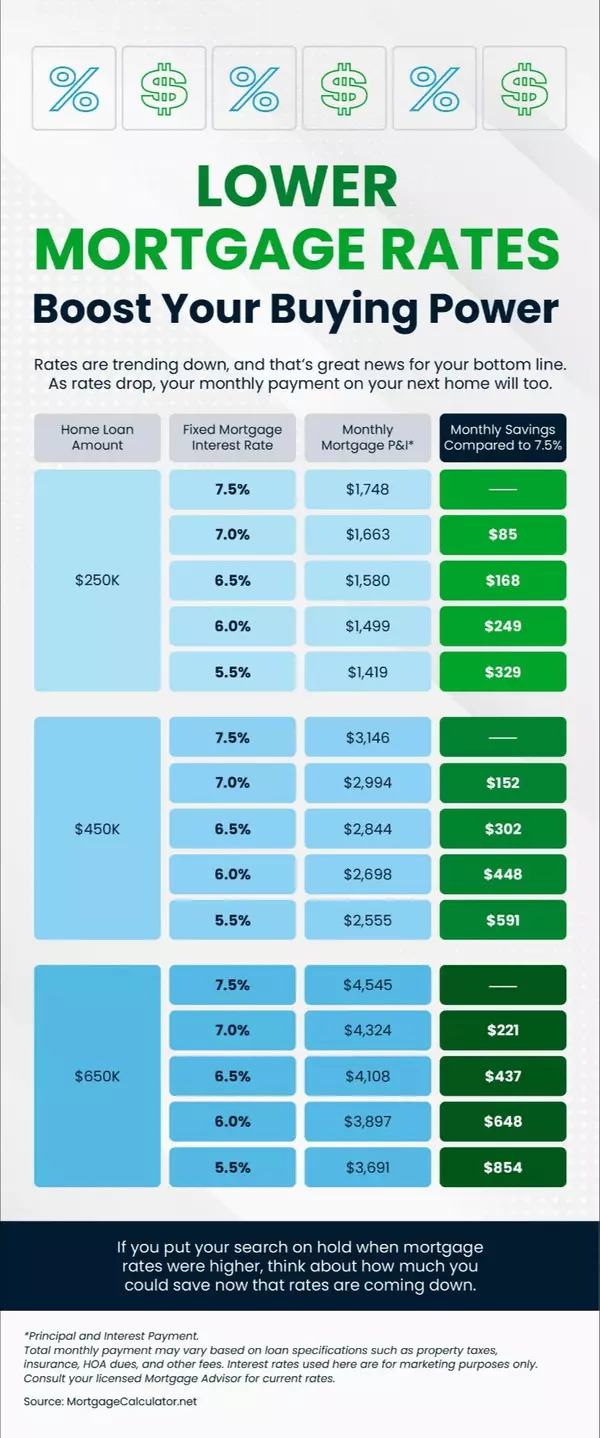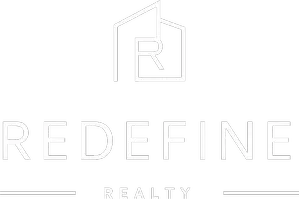Why Right Now Might Be a Smart Time to Sell Your Home

If you’ve been thinking about selling your home, there’s a big financial opportunity that many homeowners aren’t taking full advantage of. We’re talking about the $500,000/$250,000 tax exemption on the sale of a primary residence. This isn't tax advice (we always recommend chatting with a CPA), but
Read MoreHome Staging FAQ: What You Need To Know

You may have heard that staging your home properly can make a big difference when you sell your house, but what exactly is home staging, and is it really worth your time and effort? Here are a few quick FAQs that can help you decide how much you should prioritize staging as you prep for your move.
Read MoreThe Big Difference Between Renter and Homeowner Net Worth

Some Highlights If you’re torn between renting or buying, don’t forget to factor in the wealth-building power of homeownership. Unlike renters, homeowners gain equity as they pay their mortgage and as home values rise. That’s why, on average, a homeowner’s net worth is nearly 40x higher than a ren
Read MoreRenting vs. Buying: The Net Worth Gap You Need To See
Trying to decide between renting or buying a home? One key factor that could help you choose is just how much homeownership can grow your net worth. Every three years, the Federal Reserve Board shares a report called the Survey of Consumer Finances (SCF). It shows how much wealth homeowners and ren
Read MoreAvoid These Top Homebuyer Mistakes in Today’s Market

No one likes making mistakes, especially when they happen in what’s likely the biggest transaction of your life – buying a home. That’s why partnering with a trusted agent is so important. Here’s a sneak peek at the most common missteps buyers are making in today’s market and how a great agent will
Read MoreThe Benefits of Using Your Equity To Make a Bigger Down Payment

Did you know? Homeowners are often able to put more money down when they buy their next home. That’s because, once they sell, they can use the equity they have in their current house toward their next down payment. And it’s why as home equity reaches a new height, the median down payment has too. A
Read MoreHow Much Does It Cost To Sell My House?

If you’re toying with the idea of selling your house, you’re probably wondering how much it’ll cost. To be honest, the final number will depend on several factors like the offer you accept, if you help with your buyer’s closing costs, how many repairs you tackle, and more. So, to give you a ballp
Read MoreTwo Reasons Why the Housing Market Won’t Crash

You may have heard chatter recently about the economy and talk about a possible recession. It's no surprise that kind of noise gets some people worried about a housing market crash. Maybe you’re one of them. But here’s the good news – there’s no need to panic. The housing market is not set up for a
Read MoreThe Top 3 Reasons Affordability Is Improving

Some Highlights Affordability is based on three key factors: mortgage rates, home prices, and wages. And today, it’s improving quickly as rates come down, prices level off, and wages climb. If you put your search on pause because it was too expensive to buy, connect with an agent to talk about w
Read MoreHome Values Rise Even as Median Prices Fall

Recent headlines have been buzzing about the median asking price of homes dropping compared to last year, and that’s sparked plenty of confusion. And as a buyer or seller, it’s easy to assume that means prices are coming down. But here’s the catch: those numbers don’t tell the full story. Nationally
Read MoreDon’t Fall for These Real Estate Agent Myths

When it’s time to buy or sell a home, one of the most important decisions you’ll make is who you’ll work with as your agent. That choice will have an impact on your entire experience and how smoothly it goes. As you figure out who you’ll partner with, it’s important to know what to expect and what
Read MoreWhy Buying Now May Be Worth It in the Long Run

Should you buy a home now or should you wait? That’s a question a lot of people have these days. And while what’s right for you is going to depend on a lot of different factors, here’s something you’ll want to consider as you make your decision. As soon as you buy, you’ll start gaining equity. And
Read MoreLower Mortgage Rates Boost Your Buying Power

Some Highlights Mortgage rates are trending down and that’s great news for your bottom line. As rates drop, your monthly payment on your next home does too. Even a small change in mortgage rates can have a big impact on your purchasing power. If you put your search on hold when mortgage rates wer
Read MoreFalling Mortgage Rates Are Bringing Buyers Back

If you’ve been hesitant to list your house because you’re worried no one’s buying, here’s your sign it may be time to talk with an agent. After months of high rates keeping buyers on the sidelines, things are starting to shift. Rates are already coming down due to a number of economic factors. And
Read MoreMortgage Rates Drop to Lowest Level in over a Year and a Half

Mortgage rates have hit their lowest point in over a year and a half. And that’s big news if you’ve been sitting on the homebuying sidelines waiting for this moment. Even a small decline in rates could help you get a better monthly payment than you would expect on your next home. And the drop that’
Read MoreThe Real Story Behind What’s Happening with Home Prices

If you’re wondering what’s going on with home prices lately, you’re definitely not the only one. With so much information out there, it can be hard to figure out your next move. As a buyer, you might be worried about paying more than you should. And if you're thinking of selling, you might be conce
Read MoreWhy Pre-Approval Should Be at the Top of Your Homebuying To-Do List

Since the supply of homes for sale is growing and mortgage rates are coming down, you may be thinking it’s finally your moment to jump into the market. To make sure you’re ready, you need to get pre-approved for a mortgage. That’s when a lender looks at your finances, including things like your W-2
Read MoreEarly Forecasts for the 2025 Housing Market Infographic

Some Highlights Thinking about making a move in 2025 and wondering what you can expect? Here’s what expert forecasts say lies ahead. Mortgage rates will come down slightly. More homes will sell. And prices will rise more moderately. Connect with a local agent to discuss what these forecasts mean
Read MoreHow the Federal Reserve’s Next Move Could Impact the Housing Market

Now that it’s September, all eyes are on the Federal Reserve (the Fed). The overwhelming expectation is that they’ll cut the Federal Funds Rate at their upcoming meeting, driven primarily by recent signs that inflation is cooling, and the job market is slowing down. Mark Zandi, Chief Economist at M
Read MoreShould You Sell Now? The Lifestyle Factors That Could Tip the Scale

Are you on the fence about whether to sell your house now or hold off? It’s a common dilemma, but here’s a key point to consider: your lifestyle might be the biggest factor in your decision. While financial aspects are important, sometimes the personal motivations for moving are reason enough to
Read More
Categories
- All Blogs 408
- Buying Myths 86
- Demographic 16
- Distressed Properties 2
- Down Payments 5
- Equity 1
- First Time Home Buyers 114
- Foreclosures 17
- FSBO 10
- Home Buying 266
- Home Selling 205
- Infographics 80
- Interest Rates 55
- Inventory 3
- Investing 4
- Move-Up Buyers 66
- Pricing 74
- Real Estate Market 209
- Rent vs Buy 24
- Resource 6
- Selling Myths 73
- Senior Market 2
- Video 6
Recent Posts











